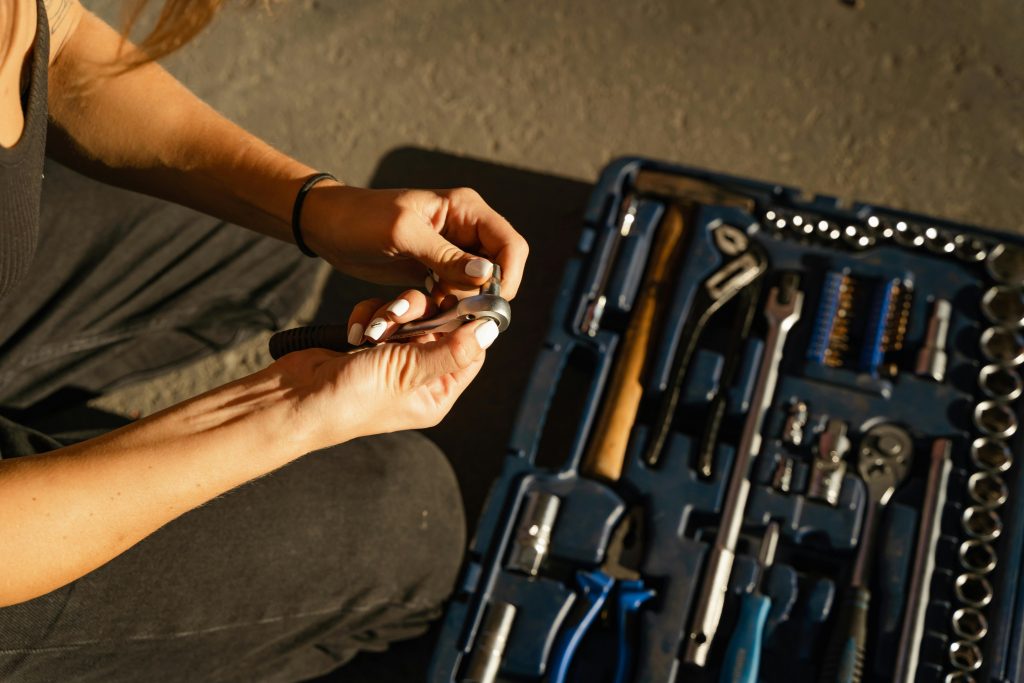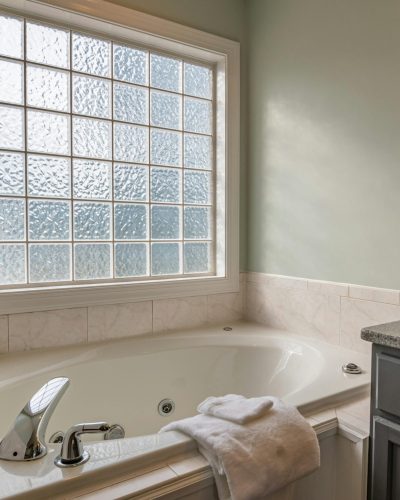
Water Heaters
Modern plumbing systems often include water heaters, which provide hot water for bathing, cooking, and cleaning. There are several types of water heaters, including tankless, storage tank, and solar water heaters.
Plumbing is an essential part of our everyday lives, but it often goes unnoticed until something goes wrong.
The origins of plumbing date back to ancient civilizations. The Indus Valley Civilization, around 2600 B.C., had sophisticated systems of drains and water supply, making it one of the first known plumbing networks.
The water supply system delivers clean, potable water to homes, businesses, and industries. This system typically connects to a municipal water supply or a private well. Key components include water mains, pipes, valves, and fixtures.
The drainage system is responsible for removing wastewater and sewage from a building. Gravity plays a significant role in moving waste through the pipes. A well-designed drainage system will have sufficient venting to prevent blockages and allow air to flow freely.
Fixtures like sinks, toilets, showers, and bathtubs are the user-facing components of a plumbing system. Properly installing these fixtures requires attention to detail and an understanding of how they connect to both the water supply and drainage systems.
Pipes are the backbone of any plumbing system. They come in various materials, including copper, PVC, PEX, and galvanized steel, each suited to different applications. Copper is known for its durability and resistance to corrosion, while PVC is lightweight and cost-effective.

Modern plumbing systems often include water heaters, which provide hot water for bathing, cooking, and cleaning. There are several types of water heaters, including tankless, storage tank, and solar water heaters.
Regular plumbing maintenance is essential to avoid costly repairs and ensure a continuous supply of clean water. Some common maintenance tasks include:

Leaky Faucets: A dripping faucet can waste hundreds of gallons of water each year. Usually, it’s caused by a worn-out washer or O-ring and can be fixed with a simple repair.
Clogged Drains: Hair, soap, grease, and other debris can build up over time and clog drains. A plunger or drain snake can often clear minor clogs, but severe blockages may require professional intervention.
Running Toilets: A running toilet is often due to a faulty flapper valve or fill valve. This issue can waste a significant amount of water and increase utility costs.
Low Water Pressure: Low water pressure can result from a variety of factors, including mineral buildup in pipes, leaks, or problems with the municipal water supply.
While some plumbing issues can be tackled by homeowners, more complex problems require the expertise of a licensed plumber. Professional plumbers have the training and tools to handle major installations and repairs safely and efficiently. Attempting to fix major plumbing problems without the right knowledge can lead to bigger issues down the line.
Plumbing is an integral part of modern life, providing clean water and sanitation to homes, businesses, and cities. A well-maintained plumbing system not only ensures comfort but also protects public health by preventing the spread of waterborne diseases. Whether through regular maintenance or professional intervention, taking care of your plumbing system is essential for long-term functionality and efficiency.
In today’s world, the environmental impact of plumbing cannot be ignored. Water conservation and sustainable plumbing practices have become increasingly important as populations grow and water resources become more strained.
The importance of plumbing goes beyond comfort and convenience—it is crucial for public health and safety. Safe, potable water is essential for preventing the spread of diseases, and an effective waste removal system helps to prevent contamination of water supplies.
